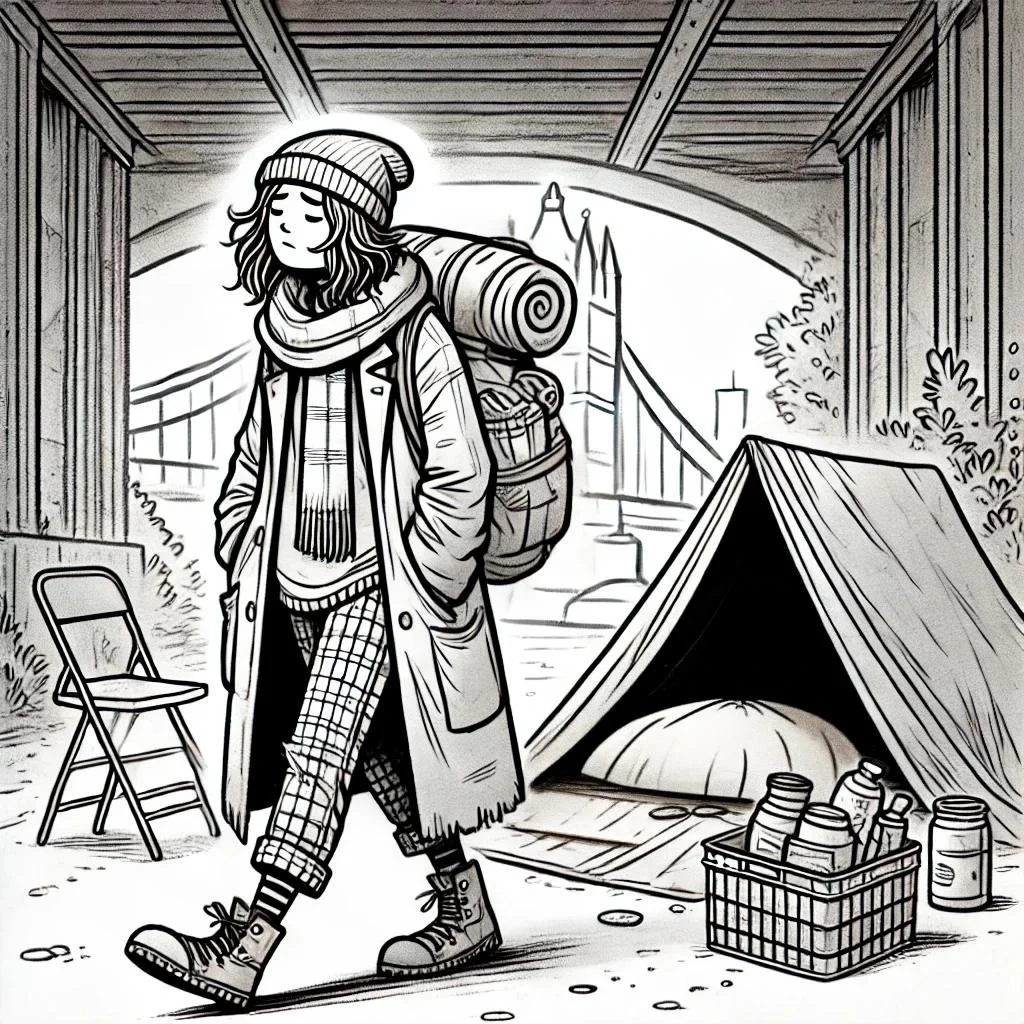Breaking the Chains: My Journey to Self-Liberation
By Victoria McGuire
The Illusion of Dependency
“No one else would tolerate you.”
“Why can’t you get anything right?”
“You’d never be good at that anyway.”
For years, I heard these words. They weren’t always screamed in anger or thrown at me in fits of rage. They were whispered, woven into the fabric of my reality until I believed them. It wasn’t just the partners I was with once I’d grown, but my loved ones, those I felt closest to.
They convinced me I needed them. That I was only capable of succeeding because they allowed it. That I was strong, but not on my own.
But here’s the truth: I was always the builder. They were only standing in the house I made.
When I finally walked away, I didn’t just leave them behind, I left behind a system of control disguised as love. Systems that operated not through overt abuse, but through subtle dependency, guilt, and quiet manipulation.
A quiet cycle.
And breaking away from that I learned something even bigger: This wasn’t just about the people who affected me. It was about understanding power, ethics, and control on a larger scale.
That’s where the Moral Catalyst Framework came in—my way to analyze and break free from toxic systems without losing myself, along the way.
An Active Catalyst, Not a Villain
Covert narcissists, whether they realize it or not, act as active catalysts in relationships, no matter the role they play; parent, teacher, preacher, mentor, or partner. They create movement within a system, but not growth.
—> They push others to adapt to them.
—> They thrive in controlled dynamics, where they don’t have to evolve.
—> They reinforce dependency. Not by keeping you weak, but by making you believe they are your foundation.
This isn’t about blame—it’s about understanding dynamics.
They don’t hold you down with physical chains.
They don’t sabotage you openly.
Instead, they make you believe you are safer with them than without them.
But when I finally left, something fascinating happened:
—> They adapted, but they didn’t grow.
—> They kept their job, life, and structure. They just lost momentum.
—> They existed without me but didn’t evolve beyond what they were.
And that’s the covert narcissist’s greatest dilemma; when control fails, they must either grow or find a new system where they can remain the same.
Lessons in Breaking Free Without Breaking Yourself
False Dependency Isn’t Proof of Weakness
One of the hardest things about leaving a narcissistic dynamic is the lingering feeling that you lost something vital.
Covert narcissists create false dependencies that make their presence feel essential:
They position themselves as the person who makes your life work.
They quietly take credit for your growth, success, and resilience.
They make sure you doubt whether you can function as well without them.
When I started analyzing the dynamic as a system rather than an emotional bond, I saw it for what it was:
Who was adapting, and who was resisting growth? (Me vs. them.)
Who was solving problems, and who was avoiding them? (Me vs. them.)
Who was evolving, and who was maintaining equilibrium? (Me vs. them.)
That was my first major realization: I wasn’t weak. I was the force that kept everything moving.
Stability Is Not the Same as Growth
A common belief is that when you leave a narcissist, their world will collapse without you.
That’s not always true.
They don’t fall apart—they adapt.
They don’t lose everything—they stay where they are.
They aren’t destroyed—they maintain their old equilibrium.
But that’s the key difference: they stay the same.
From what I experienced:
I evolved beyond what the relationships I’d learned allowed.
—> I found new pathways outside of my world that had only known control.
—> I built a life that wasn’t shaped by their influence.
—> And most importantly? I stopped measuring my growth to them.
True Freedom Is About Growth, Not Revenge
It’s easy to fall into the trap of proving them wrong.
Outshine them.
Be more successful.
Make them regret losing you.
But the most powerful thing I did?
—> I stopped making it about them.
—> I focused on my path, my values, my progress.
—> I built something so meaningful that their opinion stopped mattering.
Instead of asking, “What will they think when they see this?” I asked:
“What do I want my life to look like?”
When I stopped defining myself with them, as it had been engrained in me to do, whether as a victim, survivor, or competitor. I became free.
Reclaiming Your Story Without Villainizing Others
We don’t need to tear anyone down.
We don’t need to prove we “won.”
We don’t need to analyze whether they’re still the same or if they’ve changed.
—-> They were an active catalyst: but only within a system reliant on imbalance.
—-> The true change agent is capable of growth beyond that system.
—-> The lesson isn’t that they failed. It is that you can succeed in ways that would not be possible within that dynamic.
The real victory isn’t about leaving. It’s about what you build afterward.
How to Shift Your System
If you’re struggling with a similar dynamic, remember:
—> You are a moving force. Stop waiting for permission to leave or change the system.
—> The system only holds power if you accept its rules. Step outside of it.
—> Growth is the real measure of freedom. If they haven’t changed, they haven’t won.
Once you recognize your ethical agency, you stop fearing those who once controlled you. You become the catalyst—not just for survival, but for something bigger than they ever imagined.
If this message resonates with you, consider supporting my work:
Let’s chat more about this topic in the comments!
Share and let’s Network!
Buy my designs
Your support drives ethical innovation and systems-based solutions where they’re needed most. Together, we can reshape industries and create better workplaces.





